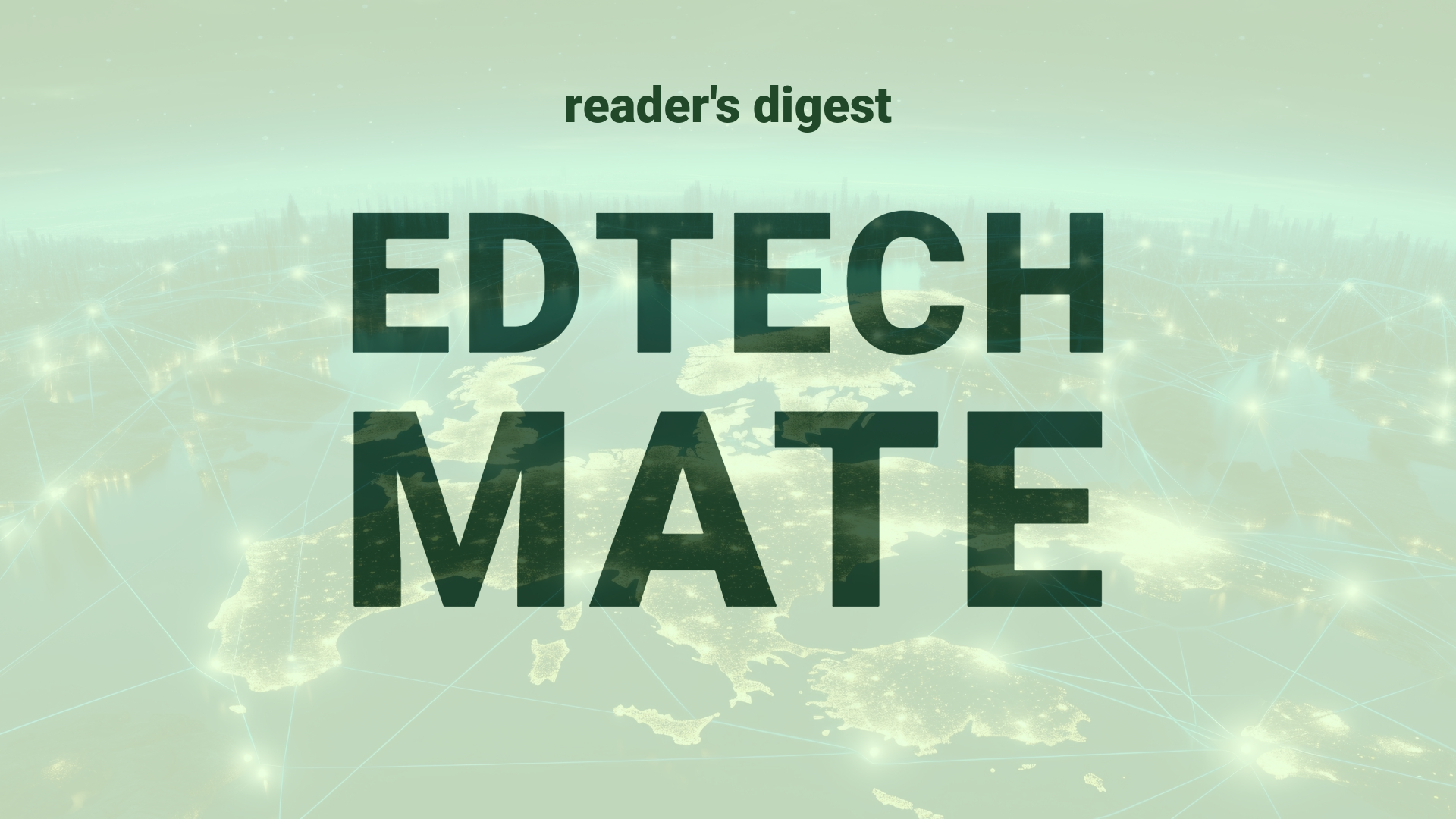“`html
Executive Summary and Main Points
Universities are rapidly integrating Artificial Intelligence (AI) into various aspects of their ecosystems, from research to administration, predicting academic outcomes, and enhancing the employability of students in an AI-influenced job market. As AI technologies mature, Chief Information Officers (CIOs) are now tasked with the strategic implementation of these tools to serve staff, administration, professors, and students. Such advancements underscore the necessity of AI literacy across all disciplines, not just engineering. Innovative applications are already visible at institutions like Arizona State University and Florida State University, showcasing the transformative power of large language models and predictive analytics in academic success. Georgia State University highlights the use of AI in personalized assistance and adaptive learning, indicating a broad spectrum of utility within the higher education landscape.
Potential Impact in the Education Sector
The incorporation of AI stands to revolutionize Further Education, Higher Education, and Micro-credential arenas by optimizing efficiency, personalizing learning experiences, and bolstering strategic decision-making through data analytics. Institutions can forge strategic partnerships with technology providers to advance digital transformation and upskill their workforce, ensuring graduates are equipped with AI competencies increasingly demanded by employers. These developments also promise to democratize access to education and support through innovations like AI-powered chatbots, enhancing student retention and success.
Potential Applicability in the Education Sector
AI’s applicability in education extends beyond administrative efficiency—digital tools are paving the way for dynamic, tailored learning experiences. AI can guide curriculum development, assist in creating adaptive learning environments, and optimize resource allocation through predictive analytics. Furthermore, AI can augment research by processing vast datasets, thus accelerating scientific and societal advancements. By integrating AI in pedagogical strategies, educators can equip students to effectively leverage AI in their future professional roles.
Criticism and Potential Shortfalls
Despite the potential benefits, the use of AI in education comes with ethical considerations, cultural sensitivities, and the risk of exacerbating digital divides. Comparative international case studies indicate disparities in AI adoption, with implications for inclusivity and equitable access to education. The potential threat of AI displacing humans in certain job roles, and the challenge of ensuring AI’s decisions and recommendations are transparent and free from biases, cannot be overlooked. Institutions must remain vigilant to these issues as they embrace AI technologies.
Actionable Recommendations
To harness the full potential of AI, international education leadership must invest in staff training and development programs focused on AI literacy. Establishing multi-disciplinary committees can facilitate the ethical deployment of AI, ensuring consideration of the diverse needs and values of stakeholders. Launching pilot projects to test AI applications can clarify best practices and scalability. Lastly, engaging in global alliances for knowledge sharing and coordinated research can accelerate the beneficial impact of AI within and beyond institutional boundaries.
“`
Source article: https://www.cio.com/article/1308108/efforts-cios-in-higher-education-make-to-embrace-and-advance-ai.html

